
Report
Are Disappearing Employer Pensions Contributing to Rising Wealth Inequality?
Federal Reserve Board,
2019
Recommendation
According to the US Congressional Budget Office, the richest 10% of Americans control about three-quarters of national wealth, while the bottom half owns just 1%. Economists John Sabelhaus and Alice Henriques Volz explore one possible factor in this gap: the state of US pensions and retirement assets. As employers have turned from defined benefit plans to defined contribution plans, workers must rely more on their savings to fund retirement. Anyone interested in the issue of economic disparity will discover fascinating details in this illuminating report.
Summary
About the Authors
John Sabelhaus and Alice Henriques Volz are economists at the Board of Governors of the Federal Reserve System.









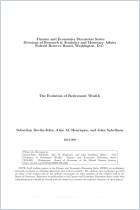
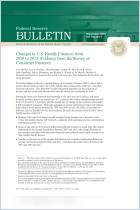
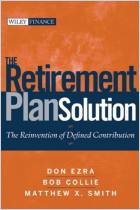
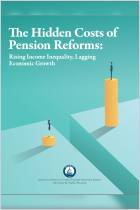


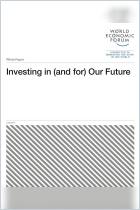
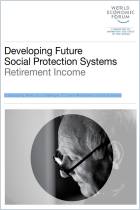



Comment on this summary or 开始讨论